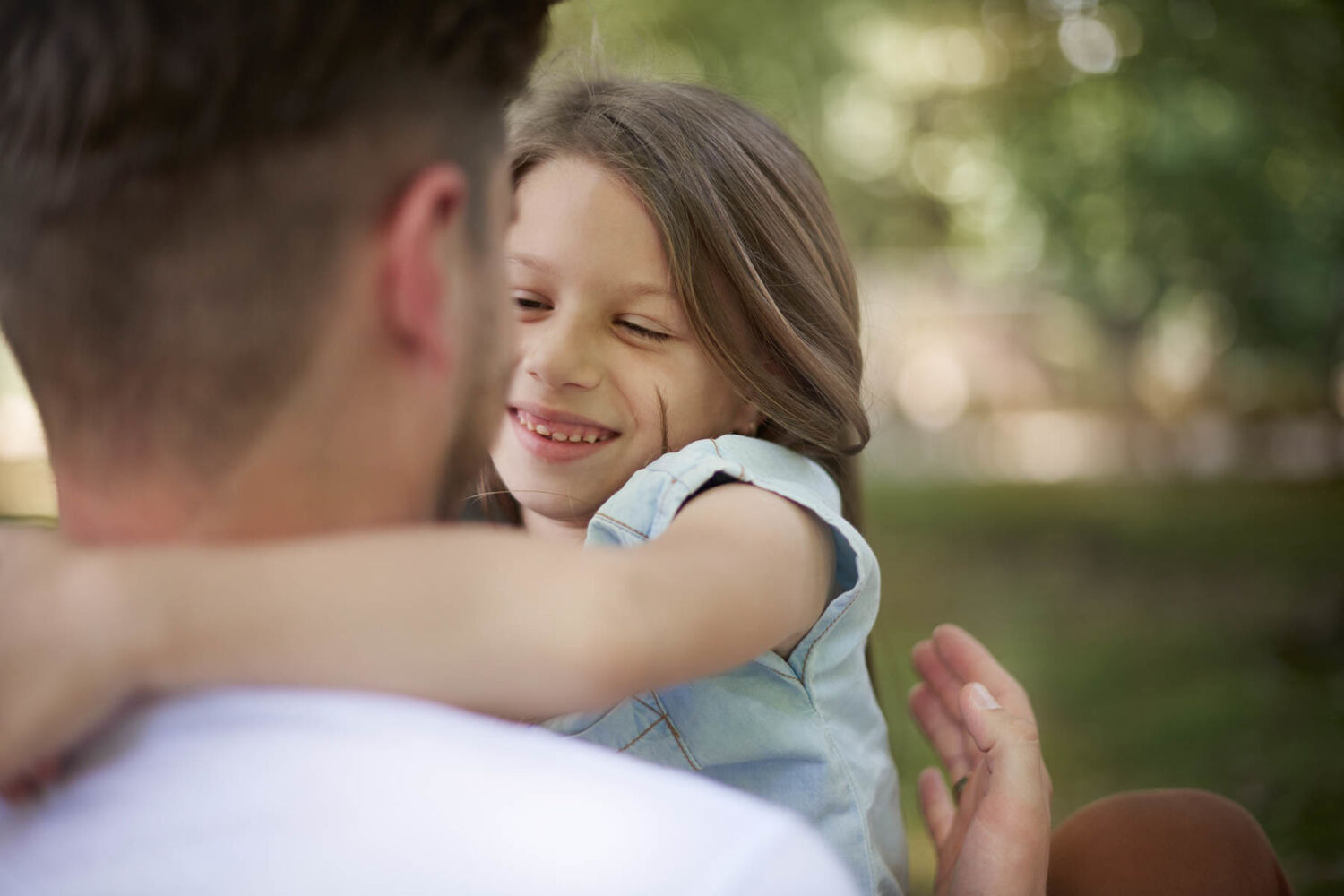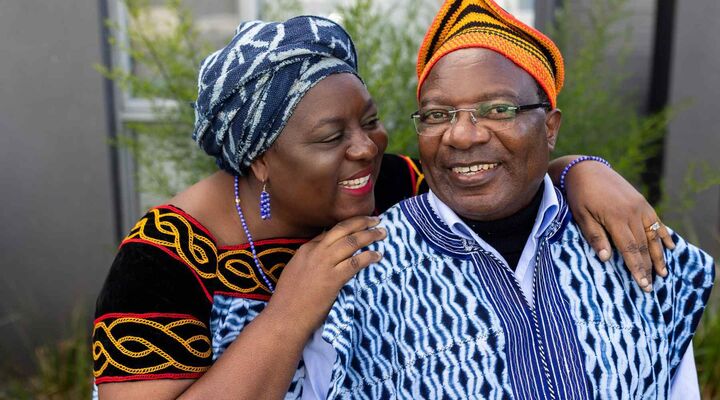In this installment of ‘Ask a foster care expert’ our Therapeutic Care Team take you through PACE parenting approach.
The PACE principles of parenting can be a great resource for parents or foster carers looking for guidance on interacting with children and young people in care, particularly those who have experienced trauma.
PACE stands for Playfulness, Acceptance, Curiosity and Empathy. It was developed by Dr. Dan Hughes, a clinical psychologist based in the United States, who specialises in the treatment of children and young people who have experienced abuse and neglect.
According to Dr. Hughes all children need love, but for troubled children a loving home is not always enough. Children who have experienced trauma need to be parented in a special way.
PACE was developed as a way of thinking, feeling, communicating and behaving that aims to make the child in care feel safe. With PACE, the child can start to look at themselves and let others start to see them, or get closer emotionally. In short, they can start to trust again.
Playfulness
The principle of playfulness is about creating an atmosphere of lightness and interest when you communicate. It means learning how to use a light tone with your voice, like you might use when story-telling, rather than an irritated or lecturing tone. It’s about having fun, expressing a sense of joy and being spontaneous. A playful attitude implies that the strength of the relationship between the parent/carer and child is larger than any minor irritations. Family members with a playful attitude don’t take themselves too seriously and are able to laugh at their mistakes. The primary goal is to invite children and young people into the parent/carer’s experience – to simply enjoy being together, with no spoken or unspoken goals.
Acceptance
Unconditional acceptance is at the core of a child’s sense of safety. It’s important to accept the child or young person’s feelings and emotions, but not the unwanted behavior. For true acceptance to take place, it is important that the parent/carer has a routine of viewing the child or young person beyond the behavior. If a child expresses distressing emotions about themselves or others (e.g. “nobody loves me”, “I’m stupid”, “I’m bad”, “you hate me”) don’t challenge them as being wrong. Accept those feelings and acknowledge them using curiosity and empathy.
Curiosity
It’s important to be curious about the child in your care’s thoughts, feelings, wishes and intentions. Curiosity is also important for discipline to be effective. If a child behaves inappropriately ask what they are feeling. Curiosity involves a quiet, accepting tone that conveys a simple desire to understand the child: “what do you think was going on?”, “what do you think that was about?” or “I wonder what…?”
Empathy
Empathy lets the child in care feel your compassion. Being empathic means actively showing the child that their inner life is important to you and that you want to be with the child in hard times. Understanding and expressing your own feelings about the child or young person’s experience can often be more effective than praise. For example, if a child says “you don’t care”, you can respond by saying “That must be really hard for you. I feel sad that you experience me as not caring”.
Managing those challenging moments
Dr. Hughes stresses that PACE focuses on the whole child, not simply the behaviour. It helps children be more secure with their parents/carers and reflect upon themselves, their thoughts and feelings. Through PACE parenting, and as they begin to feel safer, children discover they can now do better.
For parents/carers, using PACE can reduce the level of conflict, defensiveness and withdrawal that tends to be ever present in the lives of children who have experienced trauma. Using PACE enables the parent/carer to see the strengths and positive features that lie underneath the more negative and challenging behaviours.
For more information on PACE parenting you can visit Dan Hughes’ DDP Network website.
There are different types of foster care that would suit different people’s lifestyles. If you have a passion for improving the lives of children, make an enquiry to find out more today.
Get our emails
Stay up to date with
MacKillop’s latest stories!
MacKillop’s latest stories!





